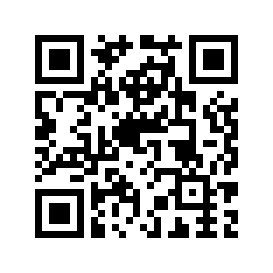Working Around Extra Spaces in CSS list menus in IE
Friday, September 17, 2004Sometimes it's the simplest things. When converting a list into a nice-looking menu (like on my homepage),
IE has a really annoying but when there isn't any width specified to
the <li>: it doesn't ignore whitespace! So if your source looks
like this:
<ul>
<li>One</li>
<li>Two</li>
</ul>
When rendered into boxes, with say just a little simple CSS like:
ul
list-style: none;
margin: 0px;
padding: 0px;
li
margin: 0px;
padding: 0px;
li a
display: block;
padding: 2px;
border: 1px #CCCCCC solid;
text-decoration: none;
You'll
end up with nice bordered boxes, with a big old line in between each.
The problem? There is whitespace between consecutive <li> items.
I've read several CSS hacks to work around this, but I abhor CSS hacks,
because they're so fragile, depending mostly on bugs to fool browsers
into behaving. I've discovered that simply removing the whitespace
between closing and beginning <li> tags takes care of the
problem. This can make things unreadable when building big lists, but there can be whitespace (i.e. newlines) anywhere within a list item. So, you format your source data like this, and all is well with IE:
<ul><li>One</li><li>
Two</li><li>
Three</li></ul>
I
didn't fool around with what difference it makes with whitespace
between <li> and <ul> tags, but that doesn't matter too
much. This way, you get readable lines in code, and nicely displayed
boxes in IE.
Server.URLEncode and Spaces
While
I'm talking about annoying bugs I've had to deal with forever, how
about ASP's URLEncode? I've been working on making a site cross-browser
compatible. One of the main features of this site is the ability of
users to upload files and share them with other project team members.
It's really simple, just a Windows share. The problem is that several
characters allowed in Windows aren't valid URL characters, like ? #,
spaces, and lots more.
So, sure, just URLEncode it, and it
works! Nope. URLs to web pages would work, but not for links to files.
Turns out URLEncode replaces spaces with a + character, which is fine for a web pages URL, but not a file, either in IE or other browsers. So, URLEncoding, and then
replacing all + characters with %20 works like a charm! All the links
work. IE didn't mind the non-URL encoded string too much, but
Gecko-based browsers couldn't (rightly so) take it. Now I'm home free!
0 Comments
Comments are closed for this article.
